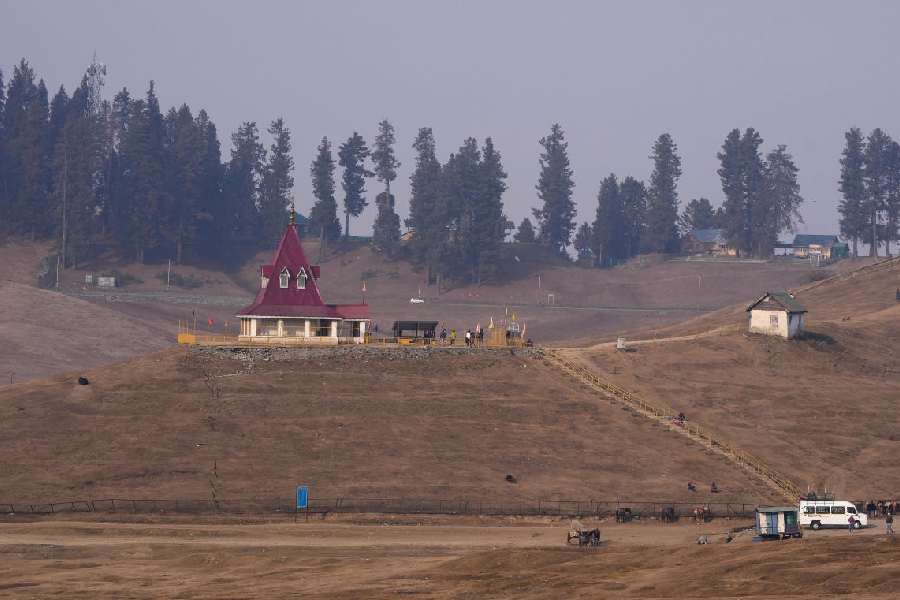Global mean surface temperatures may have already passed the 1.5°C threshold and could exceed 2°C by the end of the decade, four scientists said on Monday, relying on Caribbean sponges as historical temperature indicators.
The scientists said their study of the marine sponges indicates that the late-20th century land-air temperatures increased at almost twice the rate of the surface oceans and are now nearly 2°C above pre-industrial levels.
The claims in the peer-reviewed study, published in the journal Nature Climate Change on Monday, have evoked criticism from sections of fellow researchers, one of whom has said the study’s findings have been overstretched for interpretations on global warming.
The scientists who conducted the study say their findings imply that the overriding aim of the 2015 UN Paris pact to keep the global surface temperature below 2°C above pre-industrial levels is a much greater challenge than assumed.
“The 1.5°C global warming guardrail agreed in the Paris pact was exceeded around 2010-2012 — and now the temperatures are at least 1.7°C above pre-industrial levels,” said Malcolm McCulloch, an emeritus professor at the University of Western Australia who led the study. “It also means the 2°C threshold will be passed by the late-2020s, unless there are major reductions in (Earth-warming greenhouse gas) emissions.”
Climate researchers have long asserted that averting a 2°C rise in global warming above pre-industrial levels will be critical to prevent catastrophic consequences of climate change such as intensified heat waves, extreme rainfall and a large rise in sea level.
McCulloch and his colleagues analysed chemical changes in skeletal structures of the Caribbean sponges to show that the pre-industrial period can be defined by the stable temperatures from 1700 to 1790 and from 1840 to 1860. The gap was marked by a worldwide cooling attributed to soot from volcanic activity in Indonesia in 1815-16.
The scientists say their analysis has suggested that current levels of global warming are about 0.5°C higher than what has been estimated by the UN Intergovernmental Panel on Climate Change.
They have used their sponge data to argue that the global mean temperature passed 1.5°C above pre-industrial levels between 2010 and 2012 and that the mean surface warming could have touched 1.7°C between 2018 and 2022.
But others have called for caution on such an interpretation.
“A single location cannot substitute for global data,” said Gabi Hegerl, professor of climate system science at the University of Edinburgh. “Climate varies across the globe and the only way to measure global temperature is to get data from across the globe.”
Hegerl said the study provides a new record of how temperatures in the Caribbean have changed since the industrial period. “However, the interpretation in terms of the global warming goals overstretches it,” she said.
Others, while urging caution on the study’s interpretation, have asserted the need for accelerated action to reduce the world’s emissions. “Rapid cuts in greenhouse gas emissions... remain absolutely paramount to avoid an even more dire future for societies,” said Richard Allan, professor of climate science at the University of Reading.










